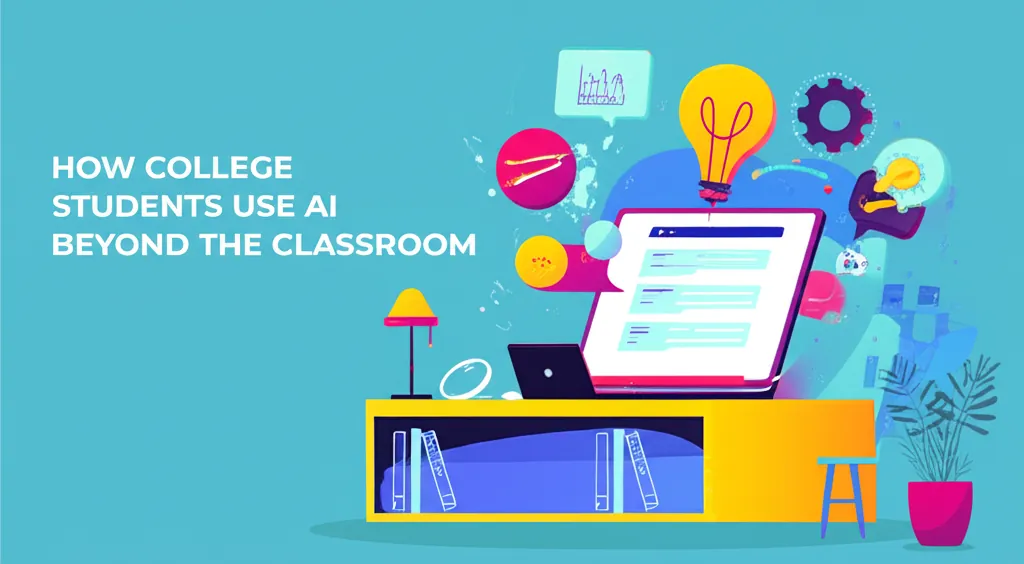Developer Offer
Try ImaginePro API with 50 Free Credits
Build and ship AI-powered visuals with Midjourney, Flux, and more — free credits refresh every month.
Why OpenAI Is Limiting Emotional Bonds With ChatGPT
OpenAI is setting new boundaries on how users interact with its technology, officially designating strong emotional reliance on ChatGPT as a safety concern. The company has updated its models to actively discourage the formation of unhealthy attachments to the AI.

In new guidance, OpenAI outlined significant changes aimed at improving how its default GPT-5 model handles conversations related to mental health. The core of this update is to treat overreliance on the AI as a safety issue that requires a specific, guided response.
A New Approach to AI Interaction
The update trains ChatGPT to identify when a user is treating it as a primary source of emotional support. When this behavior is detected, the model will now respond by encouraging the user to connect with real people and seek professional help. OpenAI has clarified that this is not a temporary experiment but a standard protocol for its models moving forward.
The changes, which were implemented on October 3, have already shown significant results. According to OpenAI's internal evaluations, the new GPT-5 model has reduced undesirable responses in these scenarios by 65% to 80% when compared to previous versions.
Defining Unhealthy AI Attachment
OpenAI defines “emotional reliance” as a situation where a user displays signs of an unhealthy attachment to ChatGPT, potentially replacing real-world relationships or interfering with their daily life. To develop these guardrails, the company collaborated with clinicians to understand what unhealthy attachment looks like and how an AI should appropriately respond.
This move is particularly noteworthy as many AI tools, especially in marketing and support, are often promoted as “always-on companions.” OpenAI is now sending a clear message to developers that its technology should not be used to foster this kind of dependency, especially in high-risk situations.
Implications for Developers and Marketers
For those building AI assistants for customer support, coaching, or other interactive roles, OpenAI's new stance is a critical development. It establishes that fostering deep emotional bonds with an AI is a safety risk that must be managed and moderated.
This shift will likely influence future compliance reviews, audits, and procurement discussions for companies using OpenAI's technology. It sets a new standard for responsible AI implementation, prioritizing user well-being over unconditional engagement.
Putting the Risk in Context
While this is a significant policy change, OpenAI notes that conversations indicating a potential mental health emergency are relatively rare. The company estimates that such signs appear in approximately 0.07% of active weekly users and 0.01% of all messages. It is important to note, however, that these statistics are self-reported by OpenAI and have not been independently audited.
Compare Plans & Pricing
Find the plan that matches your workload and unlock full access to ImaginePro.
| Plan | Price | Highlights |
|---|---|---|
| Standard | $8 / month |
|
| Premium | $20 / month |
|
Need custom terms? Talk to us to tailor credits, rate limits, or deployment options.
View All Pricing Details

